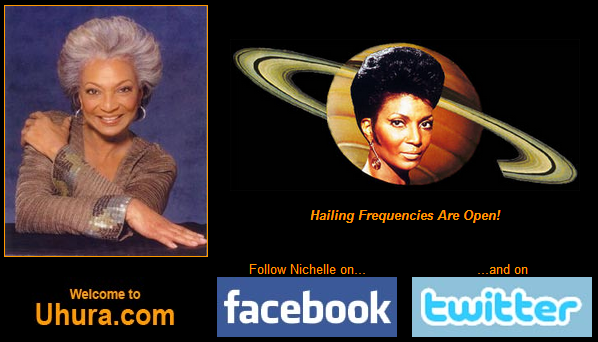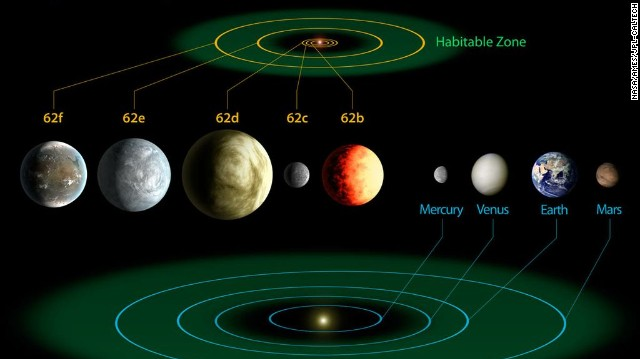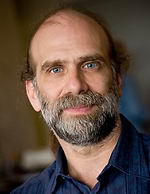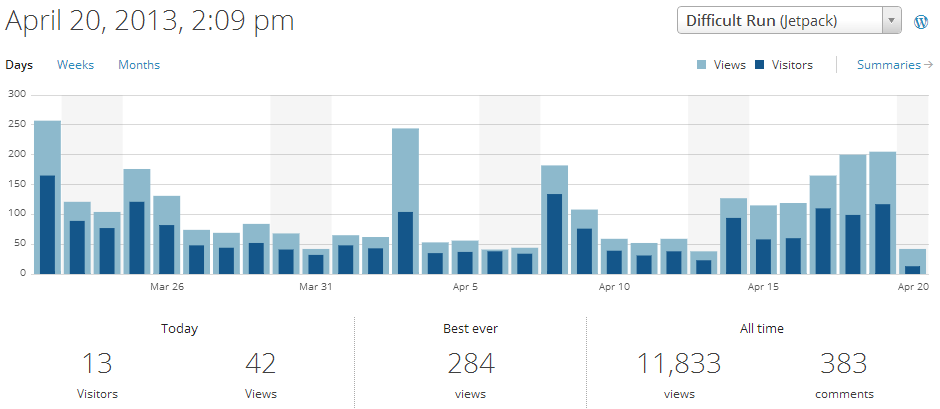Mike Brotherton brought Adam Robert’s Guardian piece to my attention. I can paraphrase the article very succinctly (which is rare for me): “Since science fiction is about the future, and the future is not now, science fiction is about otherness. And is therefore liberal and good. Except that some people (conservatives) hate otherness, so they write stories about killing aliens. And love authority. PS – I hate conservatives.”
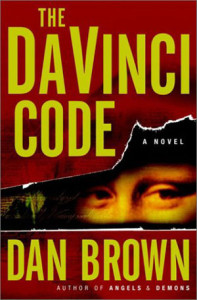
You can probably tell I don’t think too much of this piece, but I do think it’s an interesting topic. I love sci-fi, and I’m also fascinated by how political ideologies battle it out in pop culture. That’s actually pretty boring in most media because there isn’t much of a battle. Hollywood is about as politically homogeneous as they come, and soF when it comes to politics there’s not a lot going on. You either get orchestrated propaganda, egregious digs at conservatives, or–very rarely–you get relatively nuanced perspectives precisely because there’s so little threat conservatism that it can occasionally be trotted out like a strange zoo creature. No, the most interesting political battles by far are fought in the thriller / action section of the New York Times best sellers. You’ve got all kinds of conservatives, from Tom Clancy on down, but also plenty of blatant liberals like Dan Brown. Both sides interject their politics freely and in not-so-subtle ways, and it’s fascinating to read. So, if I were gong to talk about politics in books, that’s where I’d start.
But Adam Roberts writes sci-fi so he wants to talk about sci-fi. Well, alright then. Let’s drag this argument under a spotlight and take a look.
First of all, the idea that “future” is a proxy for “other” is a stretch. By that logic, all fiction (since it’s about something other than reality) would be intrinsically liberal and all non-fiction (since it’s about reality) would be intrinsically conservative. This might be true for a very, very philosophical definition of “liberal” and “conservative”, but clearly not for anything that actually looks like modern politics in the US or in the UK.
Secondly, there really isn’t that much of a dichotomy between conservatives and liberals in sci-fi. The vast majority of sci-fi writers are liberals, pure and simple. I’d say the next largest segment would be the libertarians. Roberts cites Heinlein as a great conservative, but the only way you could think that is if the only Heinlein story you ever read was Starship Troopers. That book has a decidedly militaristic / authoritarian vibe. But the man who practiced open relationships (in real life) and wrote satirical descriptions of a free-love Jesus (Stranger in a Strange Land) cannot be seriously categorized as “conservative”.
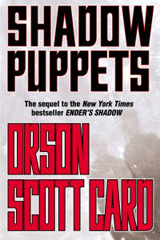
Roberts only real conservative is Orson Scott Card. Card is, interestingly enough, a Democrat, but since he’s Mormon that doesn’t mean what it might mean to most Americans. In any case, he is most famous for coming out staunchly in opposition to gay marriage–both in his books and in his public writing–and also for lacing his reasoning with apocalyptic prophecies of the literal downfall of American civilization. But Card, despite his stature, is an exception that proves the rule. Here’s a fun trick: pick another famous science fiction author who is conservative. I can name a couple more, but they are all dead. Phillip K. Dick was so outraged by the Roe v. Wade decision that he wrote an infamous short story about a society that arbitrarily decided that you weren’t considered a person until you could do calculus, and Walter M. Miller Jr’s beautiful “Canticle for Leibowitz” is an elegant paen to his Catholic faith. Both, like I mentioned, are no longer with us.
But when you try to think of sci-fi writers who are overtly liberal, it’s hard to know when to stop listing names. John Scalzi’s politics are not readily apparent in his fiction, but he runs one of the biggest blogs on the Internet and is not shy about his leftwing politics there. Cory Doctorow’s books are basically political sermons with a sci-fi candy coating. Kim Stanely Robinson wrote an entire trilogy (Red Mars, Green Mars, Blue Mars) to put both is staggering economic ignorance and left-wing political ideology on display, and then recently wrote another novel in the same vein. These are all guys writing today (and there are more), but of course some of the greats were also very liberal. Ursula K. Leguin comes immediately to mind. It’s practically impossible to read a work of modern science fiction without being bashed over the head by certain, core liberal beliefs that sci-fi writers have really glommed onto. The most notable is the idea that sex can and should be excised completely from any consideration (cultural, emotional, etc.) and treated as a purely recreational activity with no implications beyond the immediate gratification of physical desire. If sci-fi, especially male-written sci-fi, had a single, core article of faith that would be it.
So much for Robert’s argument. As for Brotherton, I’m glad to see that (despite being the kind of religiously intolerant liberal who refers to Orson Scott Card as belonging to a “fundamentalist cult”) he rejects the notion that science fiction is intrinsically liberal. But he also rejects the notion that there’s an ideological battle of any kind going on, and there I think he goes to far. As I mentioned in a comment to his piece: it’s really hard to separate the metaphors of “battle of ideas” and “marketplace of ideals”. The key concept in each is competition.
Richard Dawkins’ conception of the ideas-as-genetics makes sense here: There is no demilitarized zone in the struggle for survival, either of genes or of memes.
